Premium Only Content
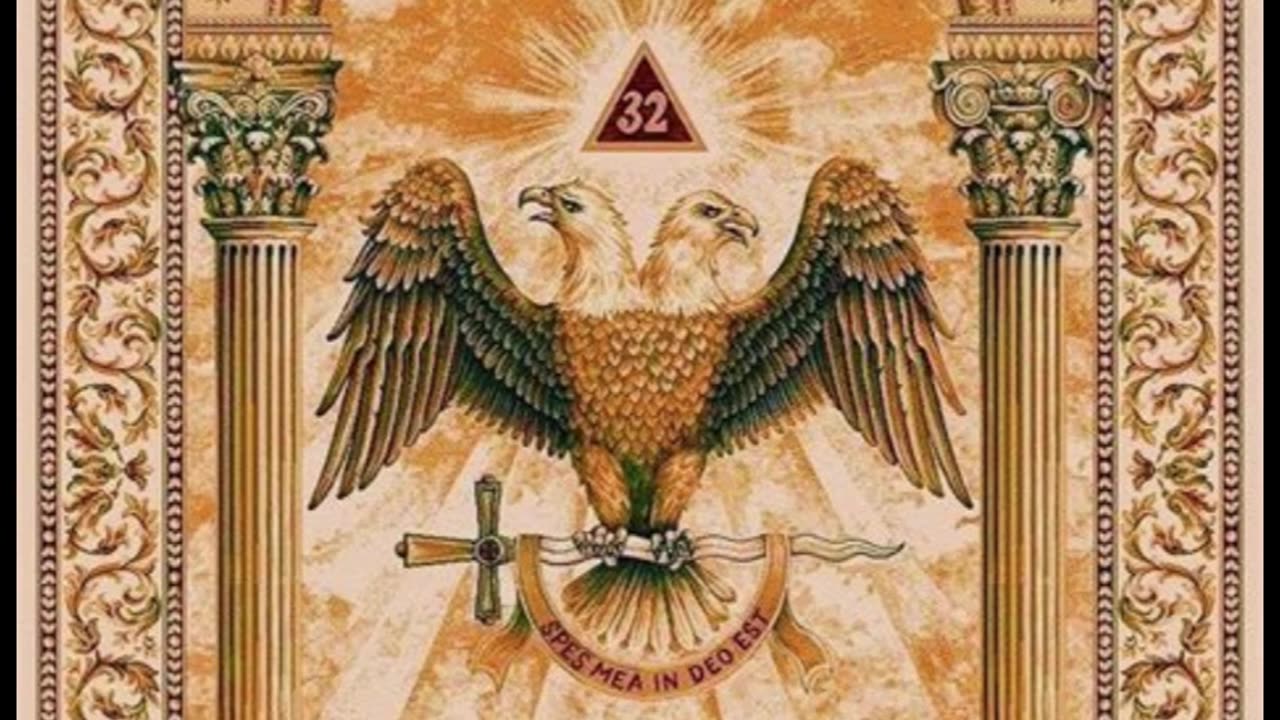
Humanum Genus (On Freemasonry) April 20, 1884 by Pope Leo XIII - Part 2/4, Sections 17-35
In Part 2 of Humanum Genus, Sections 17-35, Pope Leo XIII continues his comprehensive critique of Freemasonry, diving deeper into its impact on society and the Church:
1. Masonic Deceptions
Leo XIII explores the deceptive nature of Masonic promises and rhetoric. He argues that Freemasonry presents itself as a benign and benevolent organization while harboring intentions contrary to Christian values and public morality.
2. Freemasonry’s Goals
The Pope analyzes the goals of Freemasonry, particularly its efforts to undermine the authority of the Church and traditional Christian teachings. He examines how Masonic goals are often cloaked in the guise of enlightenment and progressivism.
3. Masonic Influence on Politics
Sections 17-35 address the influence of Freemasonry on political institutions and policies. Leo XIII contends that Masons seek to shape public policy in ways that align with their secular and anti-clerical agenda, often to the detriment of the common good.
4. Social Impacts
The Pope discusses the social consequences of Masonic ideology, including its effects on morality and community values. He argues that Freemasonry promotes a relativistic approach to ethics and undermines social cohesion.
5. Religious Implications
Leo XIII elaborates on the religious implications of Freemasonry’s teachings. He emphasizes the conflict between Masonic principles and Christian doctrine, particularly regarding the nature of God, salvation, and divine authority.
6. The Role of Secret Societies
Sections 17-35 also delve into the nature of secret societies within the Masonic tradition. The Pope critiques the secretive nature of these organizations and their potential for subversive activity against religious and societal norms.
7. Church Doctrine
The Pope reaffirms the Catholic Church’s position on secret societies, emphasizing the necessity of maintaining doctrinal purity and safeguarding against ideologies that contradict Church teachings.
8. Call to Action
Leo XIII concludes Part 2 with a call to action for the faithful. He urges Catholics to be vigilant against Masonic influence and to strengthen their commitment to the Church’s teachings as a counter to the challenges posed by Freemasonry.
About the Author:
Pope Leo XIII (1810-1903), born Vincenzo Gioacchino Raffaele Luigi Pecci on March 2, 1810, in Carpineto Romano, Italy, served as the 226th Pope of the Roman Catholic Church from 1878 until his death in 1903. His papacy is noted for its significant contributions to Catholic social teaching and its engagement with contemporary social and political issues.
Leo XIII was educated at the Roman Seminary and later at the Pontifical Gregorian University, where he developed a deep understanding of philosophy, theology, and law. He was ordained a priest in 1837 and embarked on a career that saw him rise through various ecclesiastical positions, including bishop of Perugia and cardinal.
Pope Leo XIII is best known for his social encyclicals, particularly *Rerum Novarum* (1891), which addressed the conditions of the working classes and set forth the Church’s stance on social justice, labor rights, and the role of the state in economic matters. This encyclical marked the beginning of modern Catholic social teaching.
His works include substantial theological writings and commentaries on Church doctrine. Humanum Genus (1884), his encyclical against Freemasonry, reflects his concerns about the moral and philosophical challenges posed by secret societies and their influence on society and the Church.
Leo XIII worked to restore the authority of the papacy and the influence of the Church in a rapidly changing world. His papacy was marked by efforts to address modernity, secularism, and the shifting political landscape of the late 19th century.
Leo XIII was known for his opposition to modernist trends within the Church, advocating instead for traditional doctrines and practices. His encyclicals often criticized secularism and liberalism, which he viewed as threats to Christian values.
Humanum Genus specifically addresses his concerns about Freemasonry and other secret societies, which he believed were undermining Christian values and Church authority. His criticism was rooted in a broader defense of Church doctrine against what he saw as subversive influences.
Pope Leo XIII’s papacy left a lasting impact on the Catholic Church’s approach to social issues and its engagement with modernity. His teachings continue to influence Catholic thought on social justice, the role of the Church in public life, and the Church’s relationship with secular ideologies. He died on July 20, 1903, and was succeeded by Pope Pius X.
-
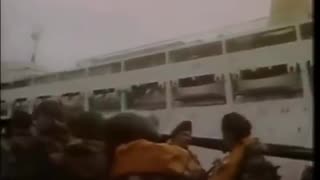 1:41:22
1:41:22
Deus Meum Que Jus
2 days agoThe Falklands War: The Untold Story (1987)
220 -
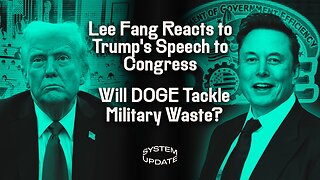 45:56
45:56
Glenn Greenwald
15 hours agoLee Fang Reacts to Trump's Speech to Congress; Will DOGE Tackle Military Waste? | SYSTEM UPDATE #418
148K116 -
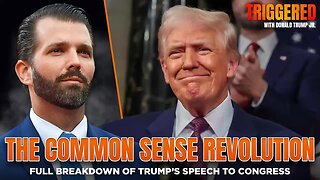 43:23
43:23
Donald Trump Jr.
16 hours agoNo Clap: Dems are a Disgrace but My Father is Bringing Back Common Sense | Triggered Ep.222
179K123 -
 18:29
18:29
The Rad Factory
1 day ago $5.93 earnedBuilding Shred Eighty a Custom Honda Snow Kart
47.2K6 -
 UPCOMING
UPCOMING
Precision Rifle Network
1 day agoS4E7 Guns & Grub - What makes group size increase?
31.9K2 -
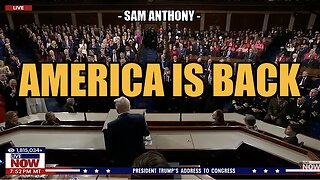 46:29
46:29
SGT Report
1 day agoAMERICA IS BACK! BYE BYE IRS!! -- Sam Anthony
88.5K133 -
 8:56:13
8:56:13
Dr Disrespect
22 hours ago🔴LIVE - DR DISRESPECT - WARZONE - 150 PLAYER LOBBIES
187K20 -
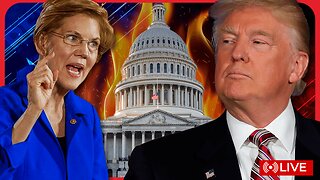 1:27:35
1:27:35
Redacted News
17 hours ago"This is NOT normal" Trump just destroyed the woke mob as Dems in disarray | Redacted News Live
184K299 -
 1:39:52
1:39:52
Vigilant News Network
18 hours agoUNHINGED: Dems Say That Elon Needs to ‘Go Back to AFRICA?’ | The Daily Dose
113K32 -
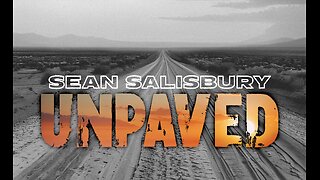 1:13:13
1:13:13
Sean Unpaved
18 hours ago $7.65 earnedQB Carousel with Guest Coach Herm Edwards
94K4